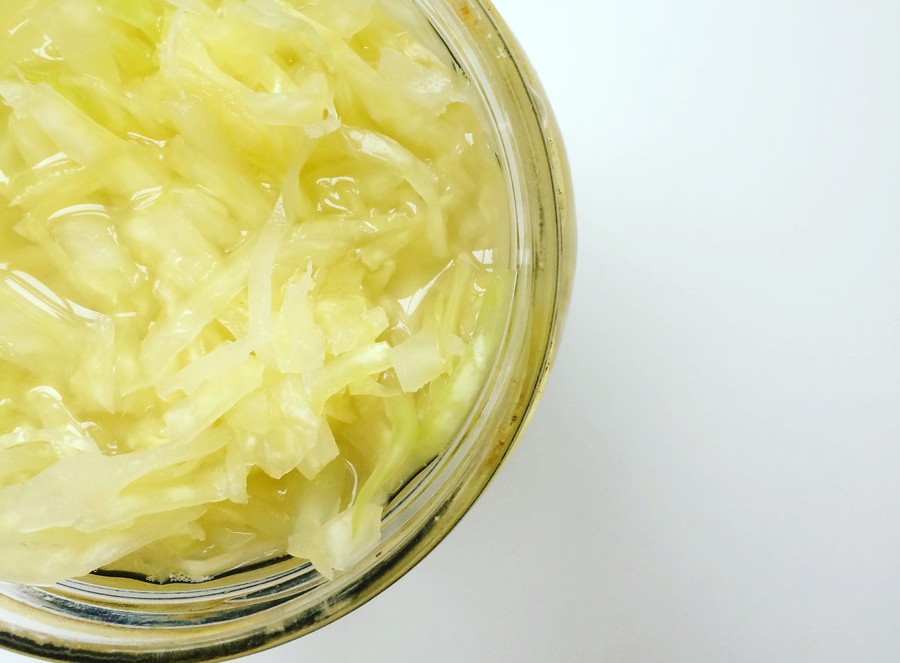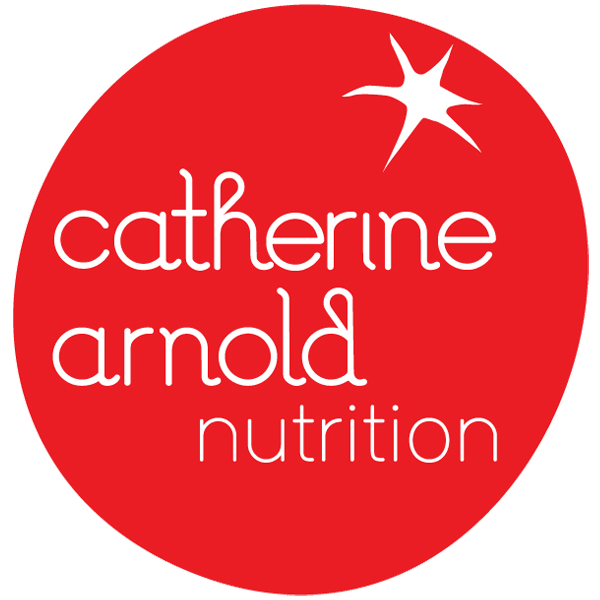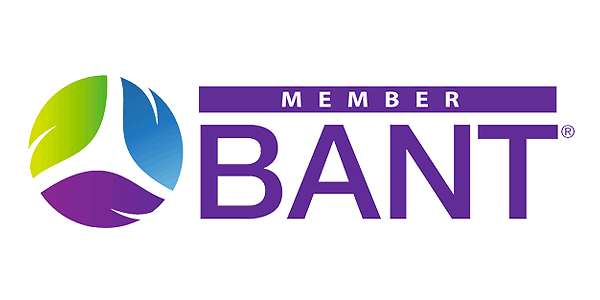
From a holistic perspective gut health is fundamental to your overall health. The father of modern medicine, Hippocrates, who lived over 2000 years ago said ‘all disease begins in the gut’. And current research does indeed link many chronic diseases to gut health.
The most recent research in rats has shown that some parasites and bacteria that live in our gut can not only increase the risk of chronic disease and obesity but can also affect mood and behaviour, even dictating the foods you crave.
We have more bacteria in our digestive tract than cells in our body. Some of these bacteria live harmoniously inside our bodies, helping us to breakdown food and synthesise essential vitamins.
These bacteria are crucial for an optimally functioning immune system. Around 70% of our immune system cells can be found in the gut lining and your gut bacteria actively interact with them.
Then there are the ‘bad guys’ such as E.coli – bacteria we normally associate with food poisoning. Actually its normal and healthy to have certain levels of these bacteria present. Its only when the levels of ‘bad’ bacteria get out of control or we have more species of these bacteria than beneficial ones, that it can impact our gut and immune function and consequently our entire health.
Some bacteria and parasite species actually reduce the guts ability to break down food properly and hinder nutrient absorption. Nutrient deficiencies can, over time, lead to disease.
Symptoms that indicate an imbalance of bacteria in the gut are bloating, constipation, flatulence and diarrhoea. Most people live with a certain amount of these symptoms and presume this is normal – but it can actually be a clear sign that your digestion is not working properly. Sometimes there are no symptoms at all.
Some of the conditions associated with an imbalance in gut bacteria are:
- Allergies
- Asthma
- Eczema
- Irritable bowel syndrome (IBS)
- Inflammatory bowel disease (IBD)
- Coeliac disease
- Heart disease
- Obesity
- Metabolic syndrome
And for those trying for a baby, its worth getting your gut health in order well before you get pregnant, because your child will inherit the same gut flora as you!
Stress, alcohol, food intolerances, junk food, medications especially antibiotics but also things like antacids, ibuprofen and paracetamol can all have a negative effect on the healthy bacteria balance in your gut. And once those good bacteria have been wiped out, it can be a long process to build levels up again. Taking probiotics for a week or two is usually not enough. An imbalanced gut needs a sustained effort to remove pathogenic bacteria and parasites and to re establish growth of good bacteria with the right foods and conditions to allow them to thrive. This can take months, sometimes longer.
Here are a few things you can do to help you maintain your gut health:
-
Do a stool test
Which will help you find out exactly what is living in your gut. Most nutritional therapists work with private laboratories who can test your poo to identify what bacteria, yeast and parasites are in the gut. Then you can embark on a nutritional programme of diet and supplements to remove any potentially pathogenic bacteria and restore healthy flora.
-
Eat fermented foods
They contain good bacteria to help re-populate the gut. Unpasteurised (raw) sauerkraut is fermented cabbage, which sounds awful but is actually delicious. Kimchi is a spicey Korean equivalent. Both of these are amazing and nicer home made, but you can also buy them from health shops and add them as an accompaniment to your meal. Miso, tofu and tempeh are all fermented foods but you need to make sure they are organic and GM free. Then there is kombucha – a tasty tonic made from the fermentation of tea. And last but not least, Kefir – the grains of which are used to ferment milk, coconut milk or even water. Find the recipe for water kefir here. This is currently my favourite fermented ‘food’ as its easy to make and easy to take – the results can be almost instant. Its important to include some of these foods in your diet every day, to help maintain a healthy balance of bacteria.
-
Eat prebiotic foods
Prebiotics are fuel for bacteria. Foods like onions, bananas, root vegetables, garlic, asparagus, beans, cabbage, apples, artichokes and leeks.
-
Include coconut oil in your diet
Its antimicrobial and anti-fungal to help keep those bad bacteria in check.
- Be kind to your gut
Reduce the damage you do to your gut health, by addressing stress, reducing alcohol, sugar and medications known to harm gut flora.
If you are interested in working with me on getting yourself into optimal health, then get in touch. Email me at catherinearnoldnutrition@gmail.com



